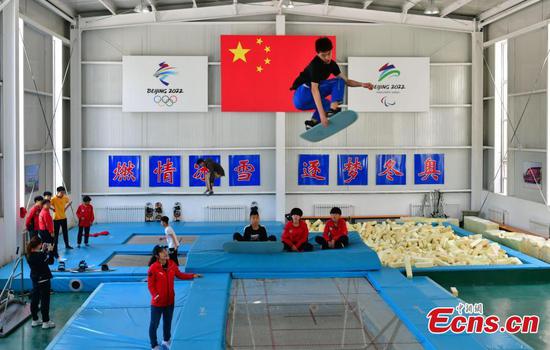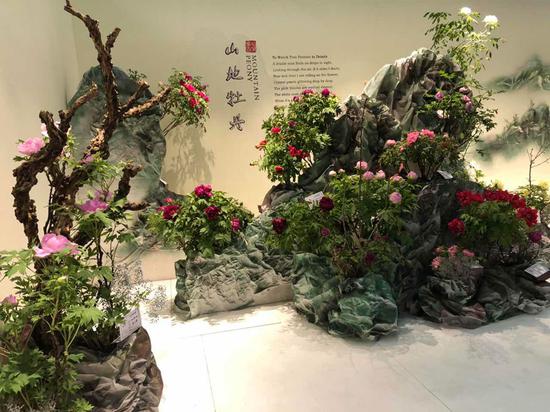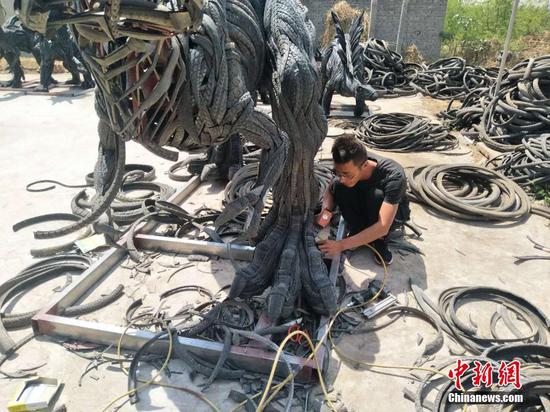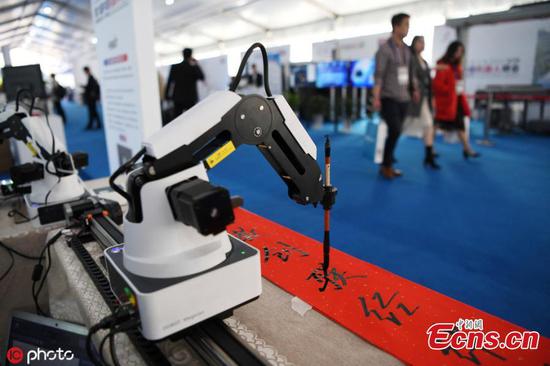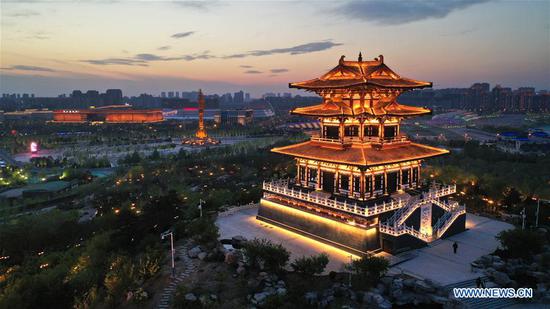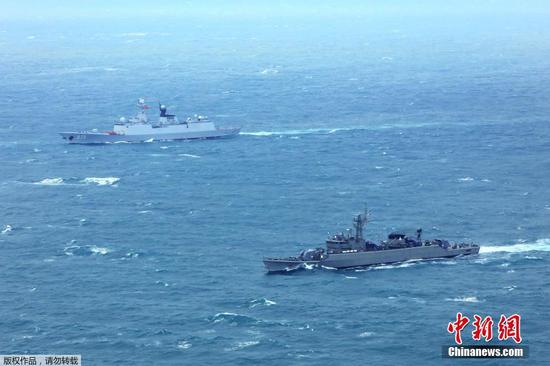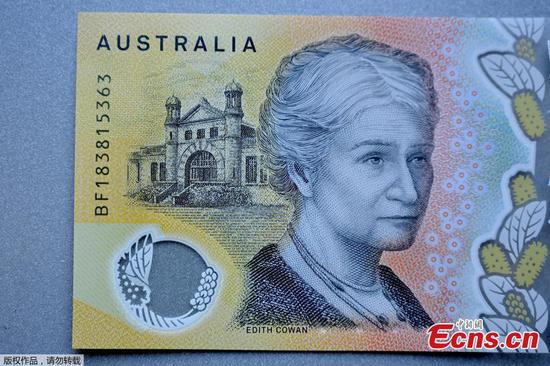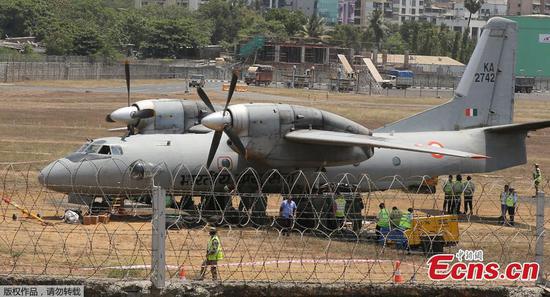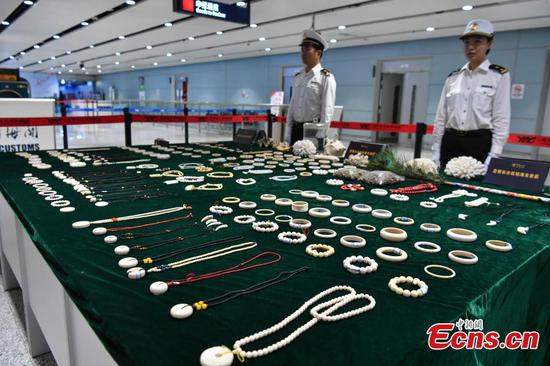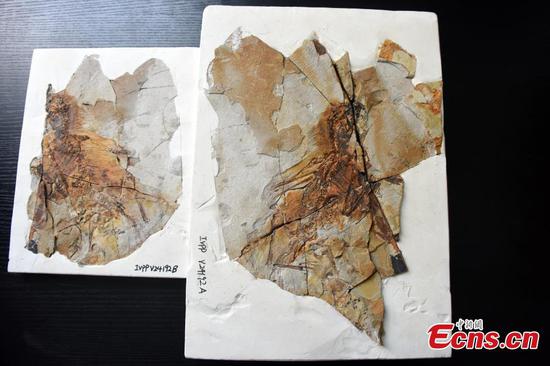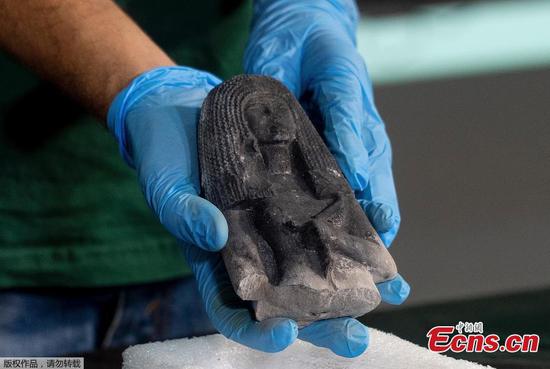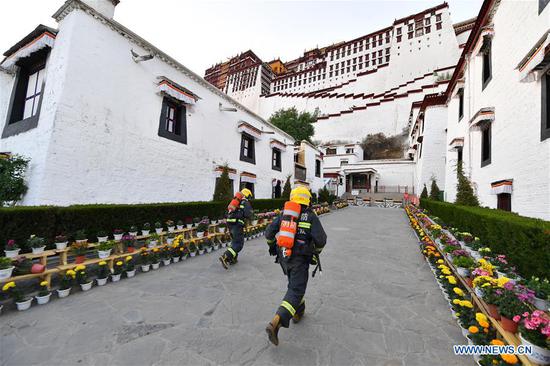Guanxi, compadrazgo and bapakism. Three words from China, the Philippines and Indonesia that encapsulate the same values of the vast continent through the ages-a shared belief in the importance of the family and the community over the individual.
These values, rooted on Asia's culture and history and centered on consensus, social harmony, stability and discipline, are more important and relevant than ever in the face of challenges-such as protectionism and terrorism-confronting the world today.
Joefe Santarita, dean of the Asian Center at the University of the Philippines, said Asian values promote consensual approach and communitarianism rather than individualism, and they prioritize social order and harmony as well as respect for elders, discipline and a paternalistic state along with the primary role of government in economic development.
"Asian values are the salient ingredients on how to learn to work together through trust and consequently promote globalization," Santarita told China Daily. He cited China's guanxi, a cultural concept that stresses deep personal connections and maintaining relations.
"Guanxi is a clear manifestation of a success story of a cultural element that is aptly applied in the business sector. Trust is a fundamental element for Chinese businessmen who have engaged in commercial partnerships and international trading systems for centuries," he said.
Santarita said a similar concept can also be found in other Asian countries, citing the Philippines' compadrazgo and Indonesia's bapakism as examples.
Compadrazgo, a Spanish word that literally translates to "co-fatherhood", is based on a kinship ritual that is formed after a child gets baptized into the Roman Catholic faith.
For the predominantly Catholic and close-knit Philippine society, the godfather (known as the padrino) is part of one's extended family and is expected to help and protect his godchild. The godchild is expected to respect and be loyal to the padrino.
Bapakism is derived from the Indonesian word for "father". When used in Indonesian business, bapakism demands great respect and obedience to one's superior. The manager in his role as the company's bapak is expected to look after and care for his employees.
Although Asian values are steeped in an ancient culture and tradition, it was only in the 1990s that this concept drew global attention. This was partly due to Asian leaders like the late Singaporean prime minister Lee Kuan Yew's and current Malaysian Prime Minister Mahathir Mohamad's championing of Asian values as the ideal way to govern their countries.
Lee and Mahathir maintained that in Asia, social order and strong governance are keys to a stable and wealthy society.
This type of governance succeeded in fostering rapid growth in Singapore, Malaysia, South Korea and China. Santarita said strong Asian leaders are effective because they serve their constituents and value mutual respect and discipline.
Analysts said the Asian emphasis on community and harmony can help resolve some of the world's most pressing international issues such as territorial disputes, climate change and sustainable economic development.
Santarita cited the current dispute over the South China Sea which sometimes strains relations between nations. He said the claimants can opt to work together to develop and share resources offered by the South China Sea's blue economy.
"Learning to work together in an orderly, high trust level, and supported by diverse interest groups will prevent conflicts among stakeholders in the South China Sea," Santarita said.
He said Asia's emphasis on "respect for authority, respect for the environment and the discipline to control the use of resources" will also see Asian leaders pursuing a more eco-friendly development path and honor their commitments to the Paris climate agreement.
"If there is harmony, discipline, stability and the primacy of family and community over the individual, then any problem can be easily addressed," Santarita said.















